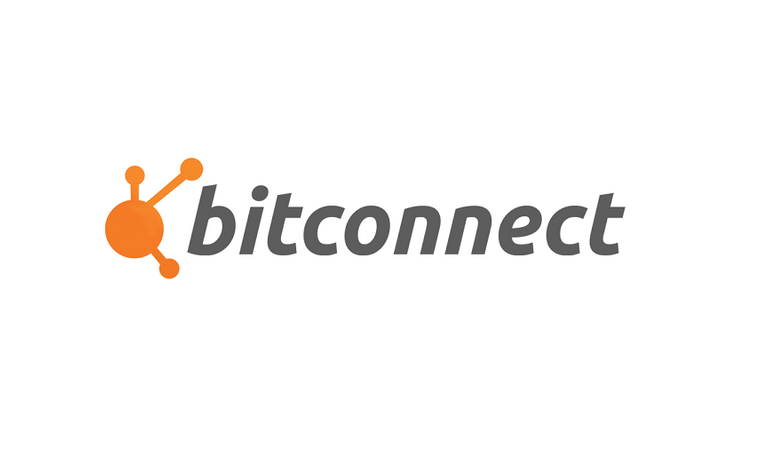
The collapse of BitConnect's Ponzi scheme has highlighted the perils of crytocurrency’s anti-regulation ideals which last week led to a class action lawsuit filed against BitConnect promoters.
The class action brings into question how an unregulated space like cryptocurrency can interact with such a regulated space like the legal system.
Although the class action is unlikely to go to trial against all named defendants, it would raise various human rights issues if it does.
Listed defendants in the class action include content creators Trevon James, Craig Grant, Ryan Hildreth as well as popular YouTuber, CryptoNick.
Whilst all four have been unrelentingly ridiculed for their roles in promoting BitConnect’s fraudulent scheme, of which they profited when investors used their referral links, all are still able to operate within the unregulated crypto space albeit with little credibility to their names.
When settling any matter through judiciary means, the concept of “intent” is fundamental to any judgement.
Although the aforementioned promoters played a significant role in thousands of investors losing their investments through the BitConnect scheme, none actually worked for BitConnect or hold any directorial responsibilities. For this reason, thier intent to defraud investors would be impossible to prove.
Their shameless promoting of the service was purely to grow their audience whilst making financial gains through BitConnect’s affiliate program hence it cannot be proved that any name defendants knew they were promoting a Ponzi scheme.
Over the past century, professional marketers have played enormous roles in financial and personal loss but never have they explicitly been responsible when the product or service they are marketing collapses.
For example, advertising companies which market cigarettes are not responsible for the cancer caused to smokers. But who is – the cigarette company or the smoker?
Quite frankly, it’s the smoker.
Unfortunately for those investors who blindly brought into BitConnect, the same concept applies here which is why it is unlikely those name defendants will have any legal repercussion from the class action.
Shilling of individual cryptocurrencies is rife across all social media platforms, of which promoters are grossly underqualified to give any sort of financial securities advice.
But with the prevalence of shilling across platforms predominantly used by younger and less-informed audiences, thousands - if not millions - of people will fall victim to poor advice unless they get extremely lucky.
Ultimately, the BitConnect saga has just identified the pitfalls of ignorance within social media.
I can't believe i was even looking at this about a month or two ago because of the youtube ads and suggestions.
Part of me is glad that BCC did what they did because I too genuinly looked into investing with them. I ultimately elected not to when I realised it was a Ponzi scheme but it opened my eyes to the many different ways coins/tokens can make money in this space.
Now when I look at any ICO or reletively new coin, I have a very scepticle approach to them all which has definetly helped identify ones with genuine real world utility and those which are simply too centralised to have faith in.
I tend to agree with the it's on the smoker analogy; you have to prove intent to defraud beyond reasonable doubt and considering they can claim they were victims too its gonna be really hard to prove intent. Sorry, thats just the way it is; there is a lesson here for everyone. Don't take out 30K loans on "maybes"...just sayin...
cryptocurrency isn't "unregulated". fraud is still illegal. it doesn't matter what the vector is. promising high returns and paying out early entrants through the investments of late comers is considered a ponzi, and in the US it's illegal.
cryptocurrency doesn't exist independent of all laws and society. it can coexist. flushing out the bad actors is an absolute requirement if the honest projects are to be taken seriously.
I could say the same about this post.
The fact that BitConnect was able to operate for 20 months before shutting down is about as close to "unregulated" as you can get. When you see the amount of rubbish ICOs hitting the market (inc Bitconnect), it means there is no gatekeeper to decide who can and cannot raise capital. That is unregulated.
The fact they were shut down following notices from Texas and North Carolina more than a year after they commenced operations would suggest that any criminal system is playing catchup to the crypto system and this form of legal regulation is miles behind based on the fact ONLY two US States issued notices to Bitconnect.
Congratulations @pennystox! You received a personal award!
Happy Birthday! - You are on the Steem blockchain for 1 year!
Click here to view your Board
Congratulations @pennystox! You received a personal award!
You can view your badges on your Steem Board and compare to others on the Steem Ranking
Vote for @Steemitboard as a witness to get one more award and increased upvotes!